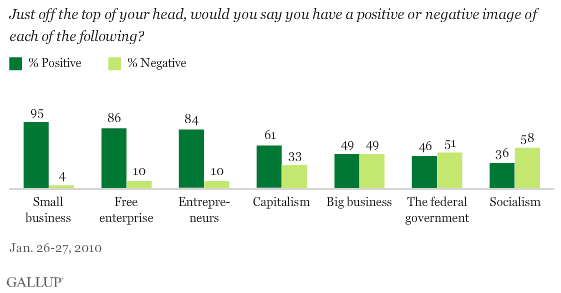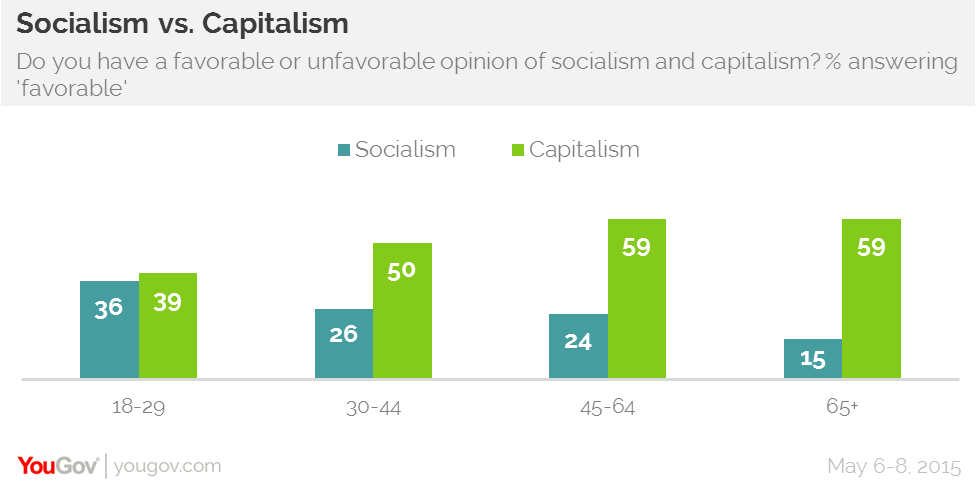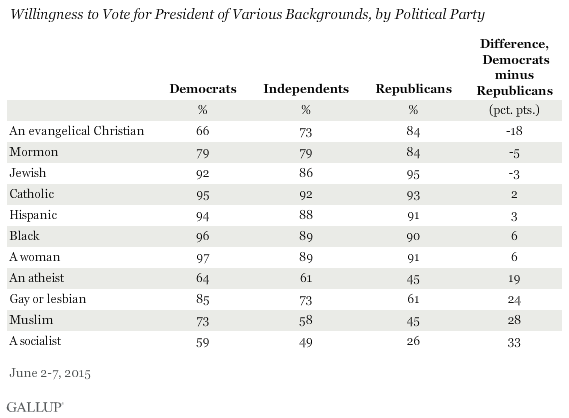Metaphoreus
This is semantics, and nothing more
There's nothing I could say that apkmetsfan and the others haven't already said, I'm just pointing out that the conclusions you think are correct seem to always conveniently line up with the inane bullshit the GOP is peddling. You come to that conclusion first (Obamacare is bad! The Iran deal is bad!) and then scrape the barrel for any technicalities or loopholes that might possibly work out in your favor. It's backwards reasoning, always.
This kind of personal attack is below you, Aaron Strife. And even if the attack were true--and it isn't, since I hold plenty of beliefs that put me at odds with the average Republican--it doesn't show that my position on any given topic is wrong. If you don't have a substantive comment to make, then like I asked before, why even comment? Just let apkmetsfan and the others with whom you agree do the talking.
Of course you don't need 5bux, which is why it is the value i suggested. Can always switch to an avatar bet if you gon b all pecunia mos def olet.
Anyhow, like i mentioned, i get your reasoning. I truly do. I don't deny that it makes sense. Heck, i'd readily admit that it does. And yet here i am, willing to bet against it.
I'm open to the avatar bet. What terms do you have in mind?
You're right that the purpose of the legislation is to permit congress to review the Iran agreement, but I'm pretty sure democrats voted for it and obama signed it assuming that "all relevant material" doesn't include something that's literally impossible for them to provide.
It's not literally impossible. It would be literally impossible for the president to both provide and not provide the entire agreement to Congress. It would be literally impossible for the president to transmit the agreement to Congress using rainbow-generating flying unicorns. At the time Corker-Cardin was enacted by the president's signature, the Iran deal was still two months away from being finalized. It was up to the president and Secretary Kerry to ensure that the final agreement would comply with Corker-Cardin. They failed to do so, in that they permitted a key part of the deal (which Kerry, Harf, and 354 members of the House all agreed had to be part of the final deal) to be shoved into a separate agreement between the IAEA and Iran, yet still permitted it to trigger a US obligation to relieve Iran of sanctions. Even accepting all that, though, it is no more impossible for the president to provide the IAEA side agreements to Congress than it would have been impossible for the president to provide the JCPOA before he personally received a copy.








